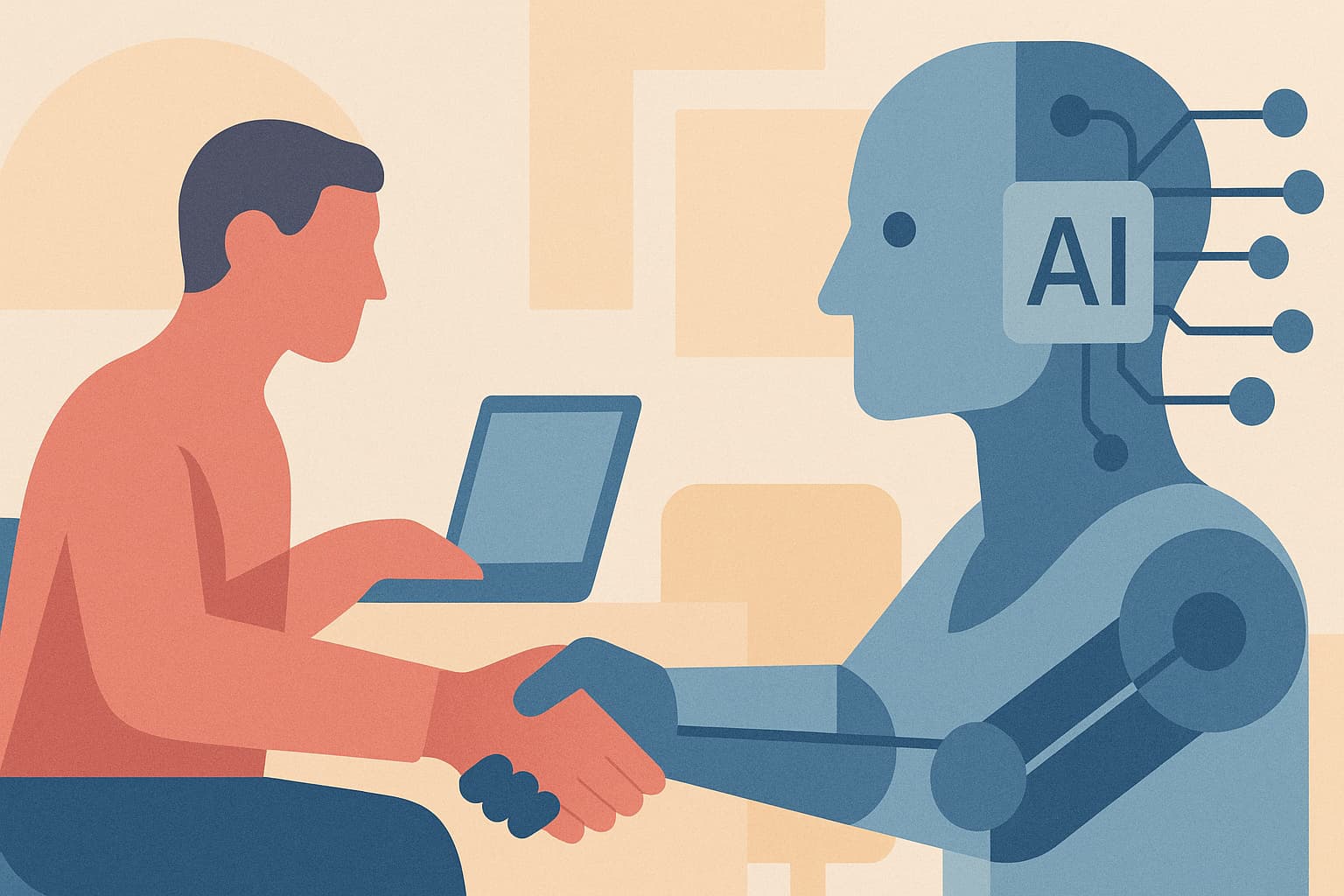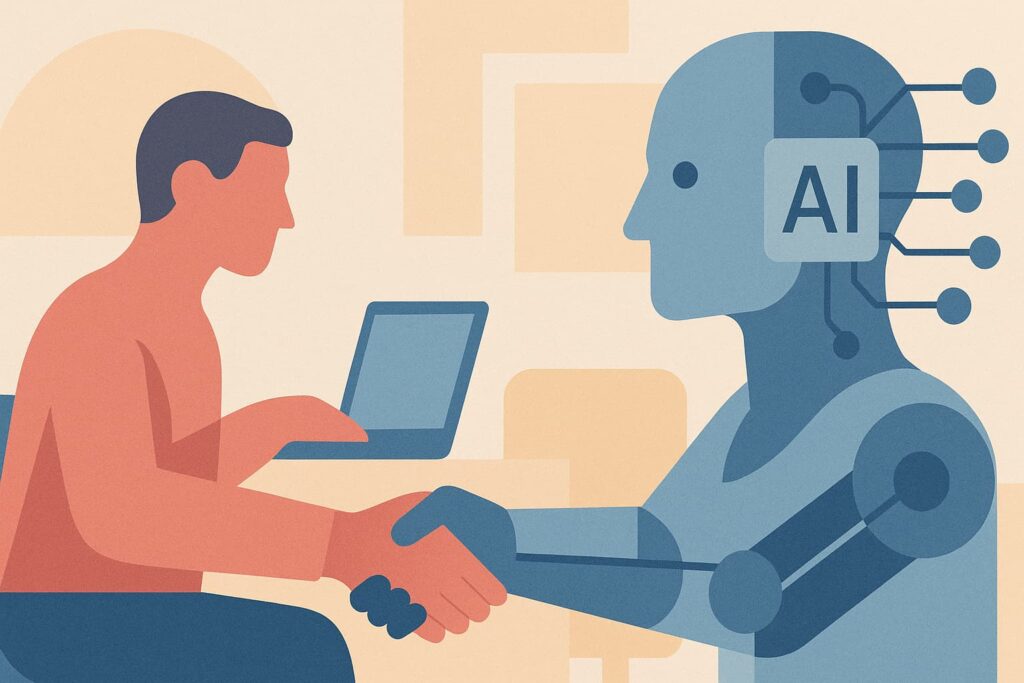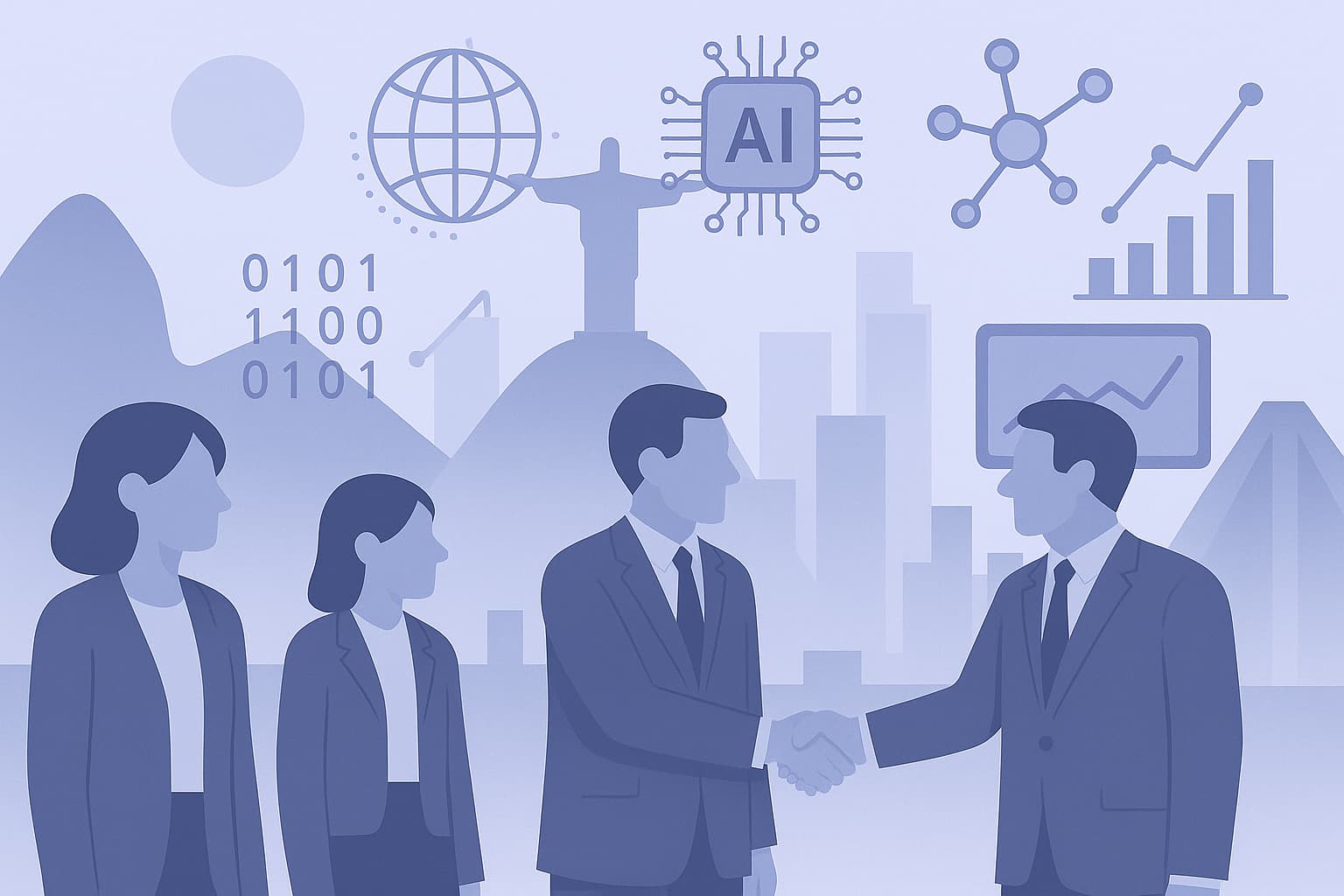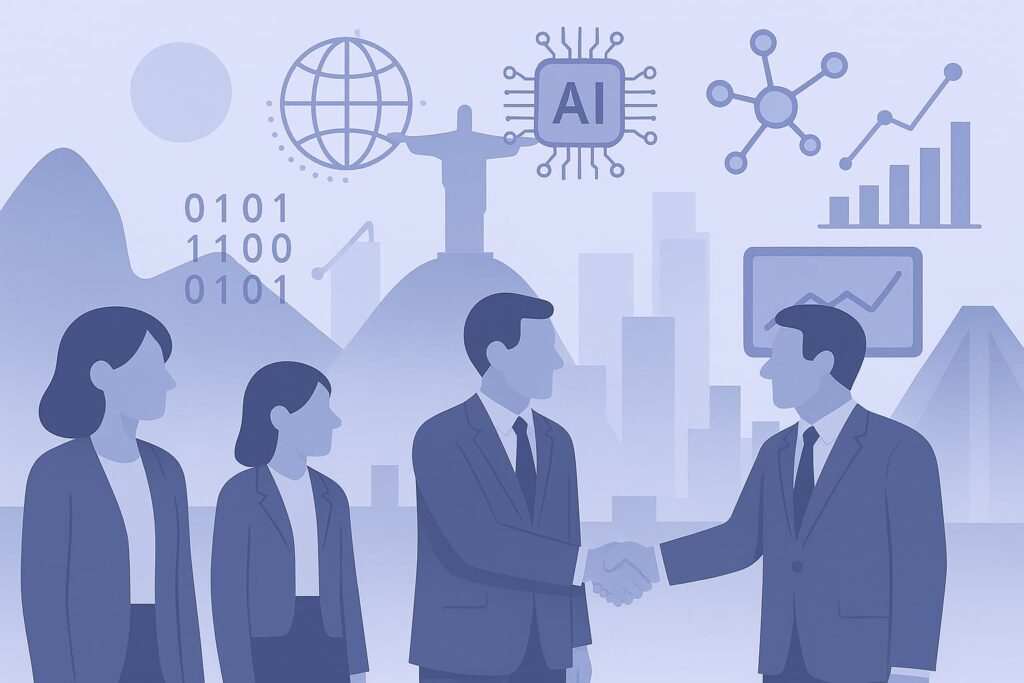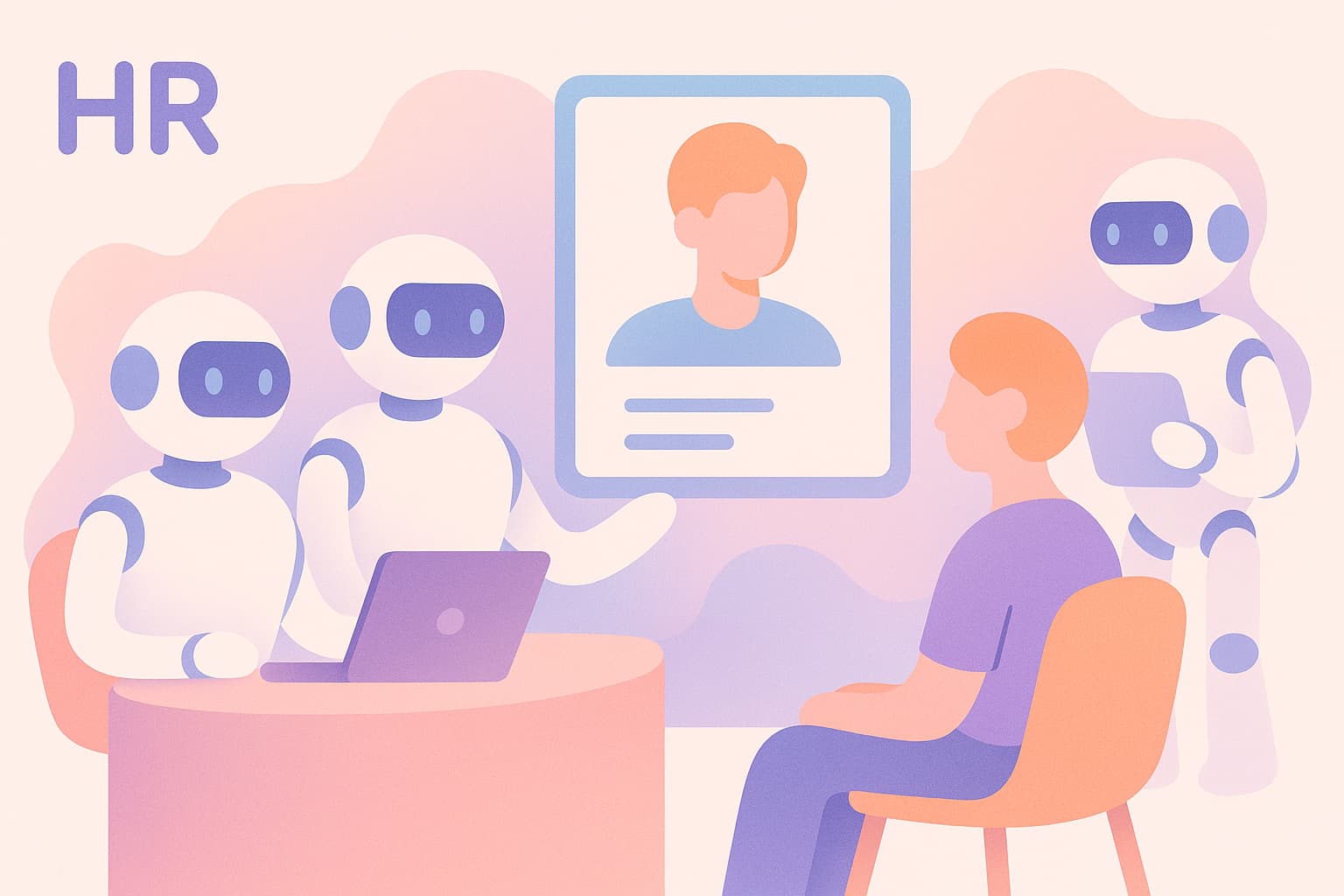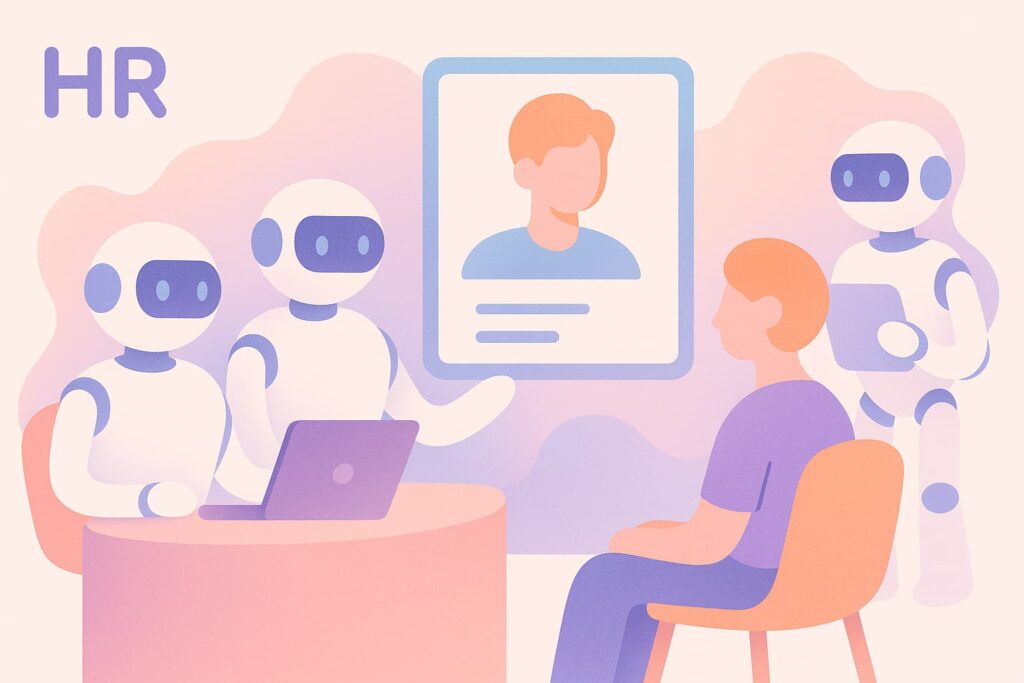By Ricardo Avila
- As they are no longer solely driven by efficiency and cost, Shared Services Centers (SSC) have taken on new characteristics.
- A modern SSC incorporates a digital lens to also be a lever for generating value for organizations, which includes Generative AI.
- The new role qualifies the SSC to be an early adopter of companies’ Digital Transformation, and to use Artificial Intelligence to generate more value in a range of processes.
Traditionally, Shared Service Centers (SSCs) were mainly aimed at reducing costs and providing operational support for businesses. However, in recent years, these structures have undergone a significant transformation. SSCs have expanded their operations beyond the exclusive concern with operating costs, seeking efficiency to become agents that generate value for the business. But how is this achieved? And what is EloGroup’s vision of this?
Before delving into these questions, let’s recap:
What is a Shared Services Center?
SSC is a company structure that is usually responsible for carrying out business support processes (most commonly, but not limited to, back-office services). It is part of a strategy to centralize processes with a focus on gains in scale, standardize execution and manage demands with a focus on efficiency. It also aims to incorporate best practices and solutions that make processes increasingly digital, while also providing structured insights for improvements and data-driven decision-making to create value for the business areas.
In many organizations, the SSC is one of the areas to be challenged in digital transformation initiatives, either out of necessity or vocation. This is due not only to market trends and good practices adopted in technology, but also to the need to reinvent themselves in order to achieve new levels of cost savings and efficiency – metrics for the ongoing success of any CSC – but also a better customer experience, in an integrated and digital way, which are basic business values these days.
The role of the SSC as a driver of digital transformation
EloGroup sees the SSC as a driver of digital transformation. In other words, a structure whose responsibility and mission also consist of applying technology to enhance the generation of business value. In other words, the SSC seeks to be a pioneer in digital transformation, acting as a catalyst for this process within the company.
This happens as the SSC incorporates into its processes a variety of technologies capable of fostering greater value generation.
This transformation is taking place through the implementation of process automation to increase operational efficiency. For example, the use of low-code technologies, which allow for more modular and faster software development and the application of data analysis and advanced analytics. These approaches provide a more accurate understanding of businesses and processes, enabling improved value generation through more assertive decisions based on intelligence extracted from data.
More recently, following this trend, SSCs have also begun to act as catalysts for the adoption of Generative Artificial Intelligence technologies within organizations. Since SSCs already played the role of driving the digital transformation, promoting the adoption of innovative technologies capable of adding value and efficiency to processes, they also proved to be favorable environments for the integration of GenAI.
The global study State of the Shared Services & Outsourcing Industry 2024 (SSON) confirms this trend. According to the survey, 70% of respondents say that their SSC areas are responsible, together with IT, for exploring possible GenAI use cases within the organization.
What has been the process of adoption of Generative AI by SSCs?
According to the survey, Generative AI has been incorporated to leverage technologies already adopted by SSCs. An example recently highlighted in one of our Insights illustrates how Artificial Intelligence has been increasing the generation of value in automation, making it more precise, predictive, personalized and interactive. This trend extends to other areas.
Below, we will present how these technological capabilities have been leveraging organizations in the context of Shared Services Centers.
- Evolution of the customer service experience and self-service services: In customer service, it enables the development of more intelligent and natural virtual assistants and chatbots, improving the customer experience and service efficiency;
- Data analysis: Generative AI enriches data analysis by generating predictive and prescriptive insights with greater precision, allowing SSC to anticipate trends, identify optimization opportunities and make data-based decisions with greater confidence;
- Low-code development: Generative AI tools are simplifying low-code development, enabling the rapid creation of customized applications that meet specific business needs. This democratizes software development, allowing professionals without technical training to actively contribute to technological innovation;
- Automation: Automation benefits greatly from Generative AI, which can learn and adapt to new processes quickly. This makes task automation more efficient and intelligent, capable of handling complex and variable tasks, reducing errors and increasing productivity;
- Content generation for internal marketing and engagement campaigns: With the help of Generative AI, SSCs can create personalized content to increase the engagement of internal marketing campaigns, for example; and
- Knowledge management: Generative AI is transforming knowledge management by making it easier to create and update knowledge databases.
The adoption of these technologies enables SSCs not only to optimize their internal operations, but also to play a more strategic role in the innovation and digital transformation of organizations.

Examples of AI applications in the functional domains of SSC
In the CSC scenario, there are several opportunities for applying AI:
Supply and Logistics Management:
- Automation of data entry into ERP from contract documents;
- Generating purchase orders based on parameterizations;
- Automating the reading of labels to control stock/warehouses;
- Identifying inconsistencies in contract calculations;
- Preparation of contract reports;
- Generation of draft contracts based on previous models;
- Identification of contractual risks; and
- Stock consumption forecast model to reduce costs.
Financial, accounting and tax management:
- Automation of bank reconciliations and rendering of accounts;
- Automation of accounting controls;
- Tax calculation;
- Generation of financial reports from internal and external documents;
- Identification of supplier fraud;
- Customer credit analysis model;
- Construction of financial scenarios;
- Cash flow forecasting model to improve resource allocation; and
- Drawing up insights from company results.
Legal support:
- Analysis of legal queries and access to external databases;
- Preparation of contingency reports;
- Analysis of contracts to identify inconsistencies based on parameters;
- Preparation and checking of legal calculations based on legislation;
- Risk analysis of notifications and lawsuits;
- Generating analyses of case law connected to judicial bases;
- Drafting court agreements based on parameters;
- Drafting court documents; and
- Suggesting legal theses for lawsuits.
Human Resources Management:
- AI for describing recruitment interviews to generate summary and conclusions;
- AI for leadership training and orientation;
- Analysis of promotions and salary increases to identify biases;
- Automation of admission processes with receipt and completion of documents;
- Chatbot to improve the employee experience when obtaining information;
- Generation and analysis of climate surveys to identify opportunities for team improvement;
- GPT for job descriptions and matching candidates to vacancies;
- Identification of internal mobility opportunities based on vacancies and internal performance;
- Model for analyzing overtime and identifying opportunities to reduce it;
- Model for forecasting redundancies;
- Personalization of messages for candidates during recruitment and selection; and
- Personalization and creation of development paths for each employee based on their history.
Commercial operation management:
- Customer default predictability analysis;
- Model for identifying billing anomalies; and
- Sending personalized collection emails.
Technology and Systems Management:
- Analysis of files and links to detect malware;
- Detection and prevention of cyber-attacks with log pattern analysis;
- Chatbot for employee guidance, with 24/7 support; and
- Code generation to facilitate development work.
Conclusion
Shared Services Centers (SSCs) are currently experiencing an acceleration in their evolution, taking on a crucial position within organizations as catalysts for digital transformation. This role is becoming even more significant with the introduction of innovative technologies, such as Generative AI, which promises to intensify this process.
This technological transformation will require SSCs not only to adapt to the new demands, but also to reconsider the impact on workers, a phenomenon that is already underway and will increase with the adoption of these innovations. Leaders will, therefore, face the challenge of promoting the training and technological literacy necessary for this transition to take place in a positive, sustainable and beneficial way in the long term for all parties involved.
Do you think your organization’s CSC could benefit from implementing Generative AI and other digital lenses? EloGroup is a Transformation consultancy with an extensive track-record of implementing digital lens application projects in the CSC, including GenAI. Shall we talk?
RICARDO AVILA works as Director at EloGroup.


